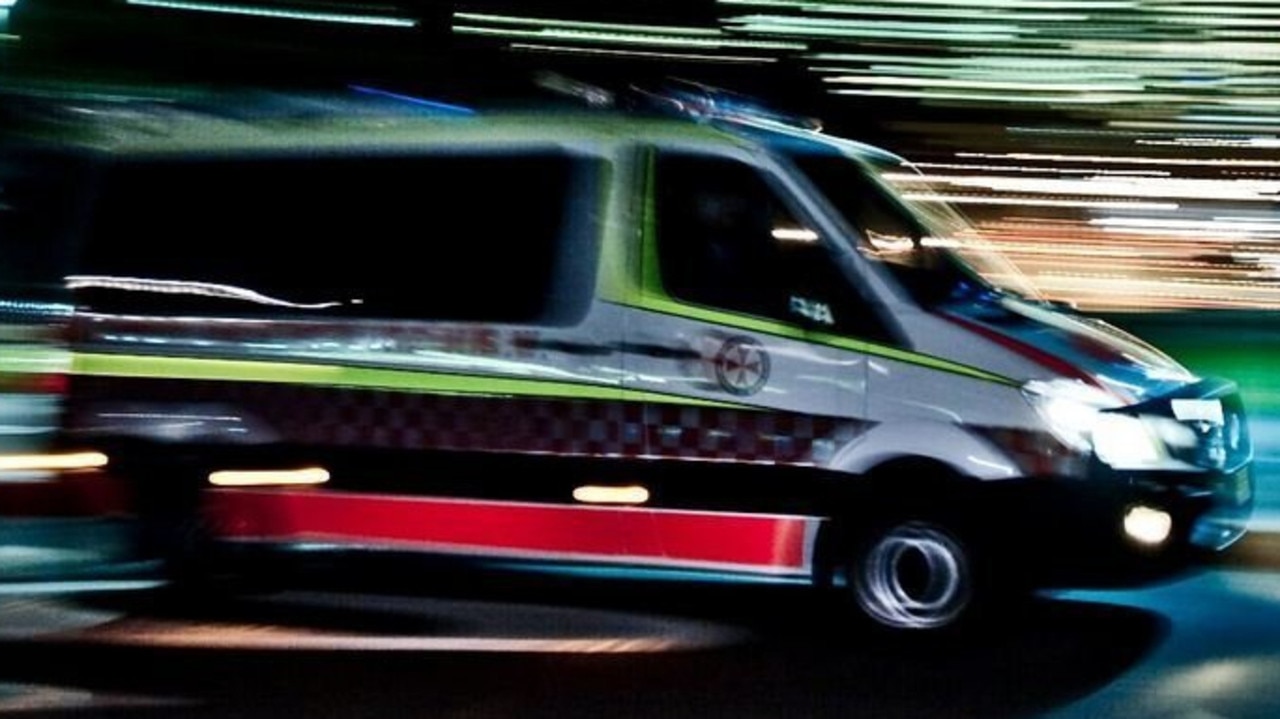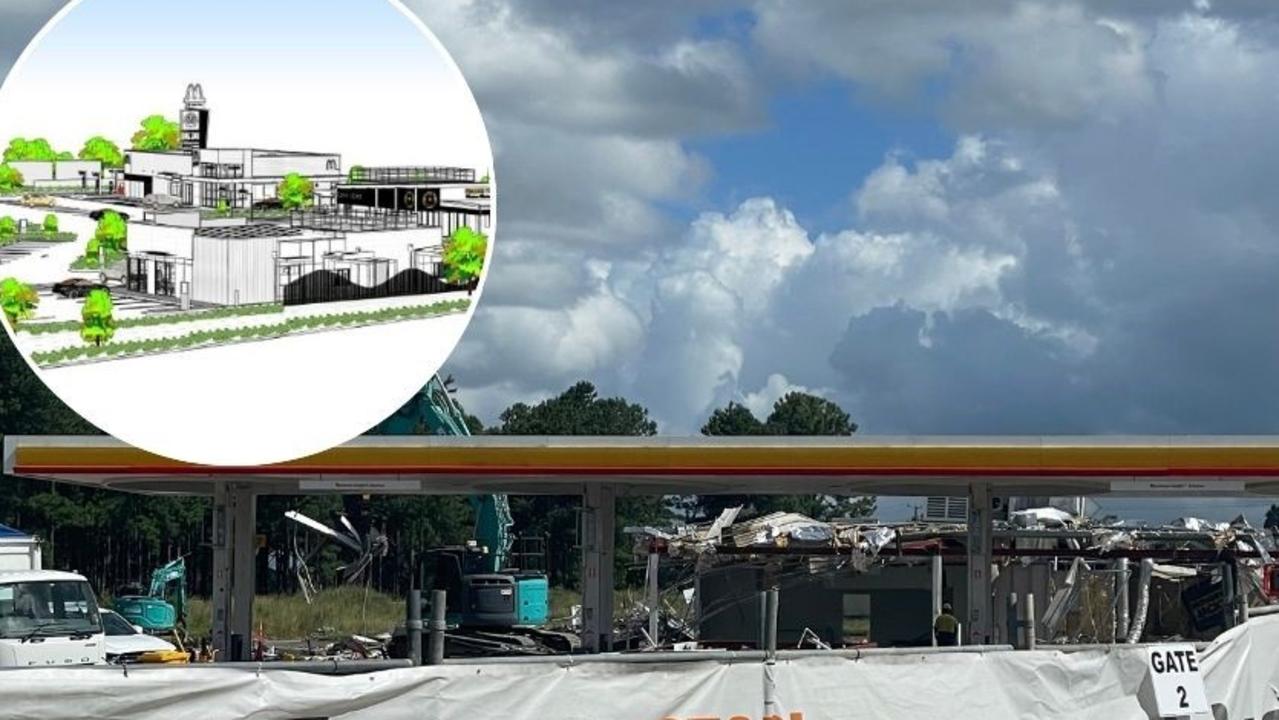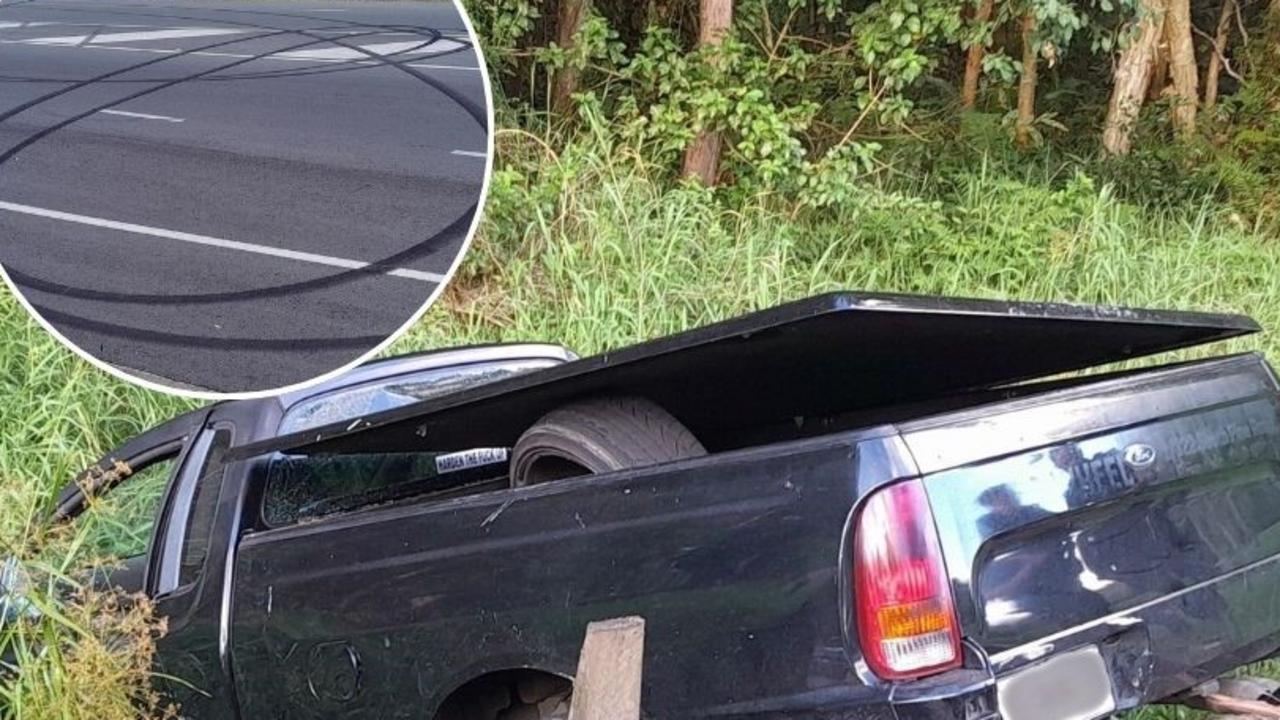Calls for ‘outdated’ shark nets to be removed from Noosa
A national animal protection group is calling for an end to shark nets in Noosa, to be replaced with more humane alternatives.
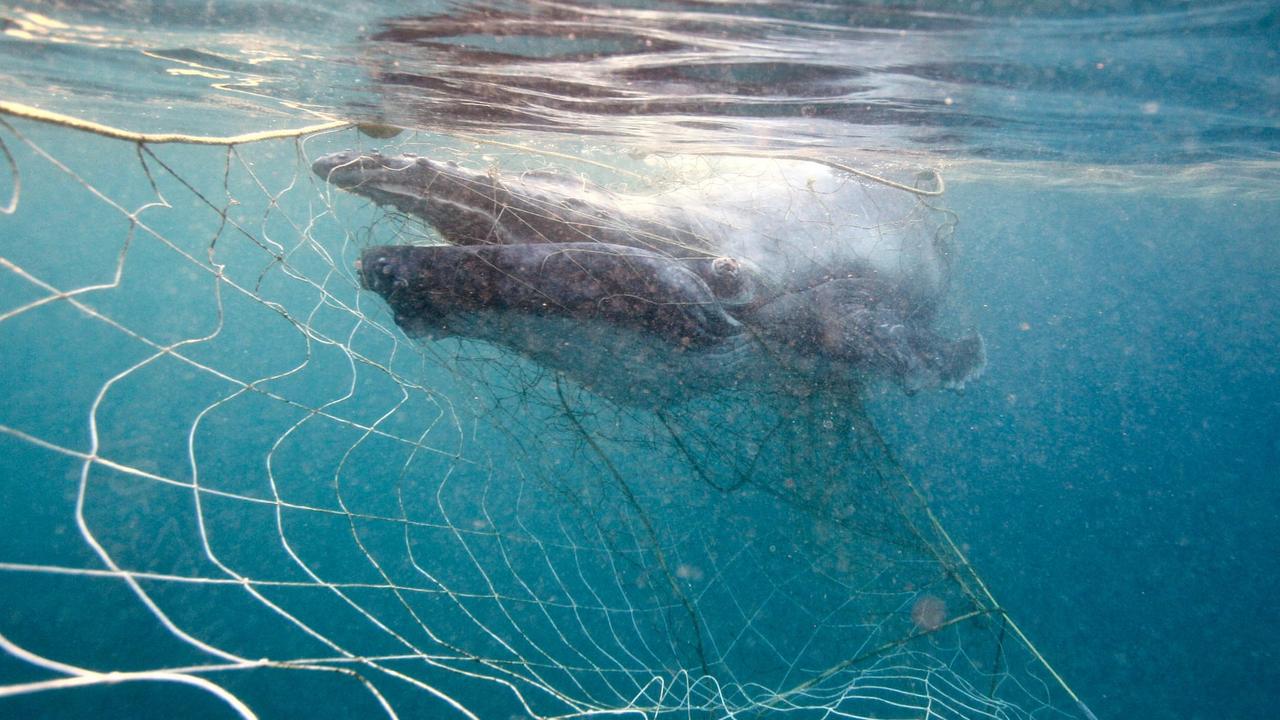
Noosa
Don't miss out on the headlines from Noosa. Followed categories will be added to My News.
A NATIONAL animal protection group is calling for an end to shark nets in Noosa, to be replaced with more humane alternatives.
Spokeswoman for Dolphin protection team, Action for Dolphins (AFD) Angie Plummer said the impact of Noosa's shark nets had been disastrous for local sea life.
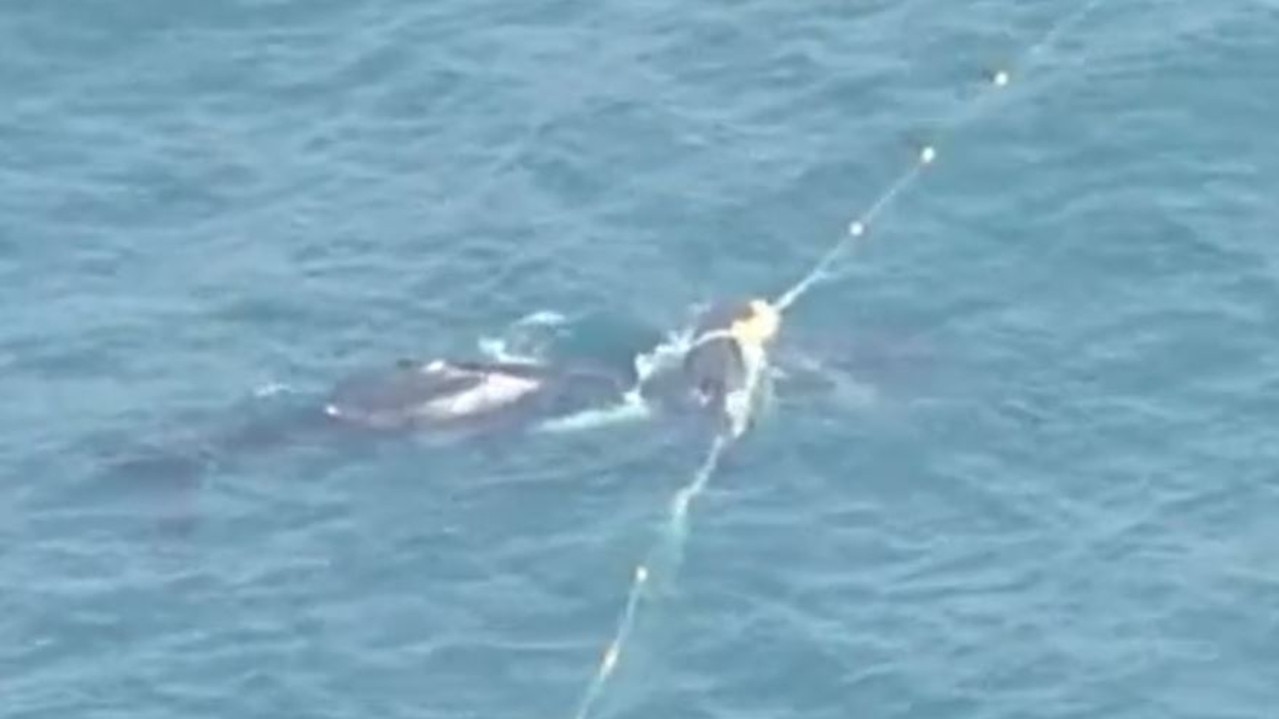
"472 animals have been caught and killed in the Noosa nets (including sharks) between 2001 and 2017," she said.
"As well as the 13,189 animals that were caught in nets across Queensland, of which an estimated 11,000 were found dead or were euthanised."
According to statistics provided by the AFD, in the years between 2001 - 2017, 26 dolphins were caught, of which only one was released alive.
Two humpback whales were caught, both were released alive.
And two dugongs were caught, both died.
The animal protection group are currently leading a petition to remove Noosa's shark nets and replace them with what they call, 'more contemporary and humane shark control alternatives.'
"The nets are outdated, expensive technology. They were installed in the 1960s and haven't been updated since," Ms Plummer said.
"Funding for the nets and baited drumlines would be better redirected to more contemporary and humane shark control alternatives - such as drone surveillance and shark-spotter programs, eco-barrier systems."
With 23,718 signatures on the petition to date, it seems there are many others who are in support of change.
If the nets are removed, the AFD Group understood there would be an element of uncertainty from the public, however they claim the nets are not effective.
"It's completely understandable people want some added protection and reassurance when entering the water," Ms Plummer said.
"But it's important to understand these nets don't stop sharks from entering the beach.
"The nets stretch 186m long, and 6m deep. Sharks can easily swim under and around the nets, which create a false sense of security in swimmers."
Fisheries Queensland are responsible for shark nets across the state.
A spokesman said the Queensland Government's Shark Control Program had an excellent record dating back to 1962 and more money is being allocated to the program.
"We have invested an additional $17.1 million over four years in the Shark Control Program in the 2019-20 budget to ensure even greater swimmer protection and safety at the state's most popular swimming beaches," they said.
"The Government understands that many people have strong views about shark control," he said.
"We have listened to those views and have committed $1 million a year to research and trial alternatives that may be appropriate for Queensland.
"Trials will be informed by the Scientific Working Group and a review of alternatives prepared by a leading environmental consultancy."


